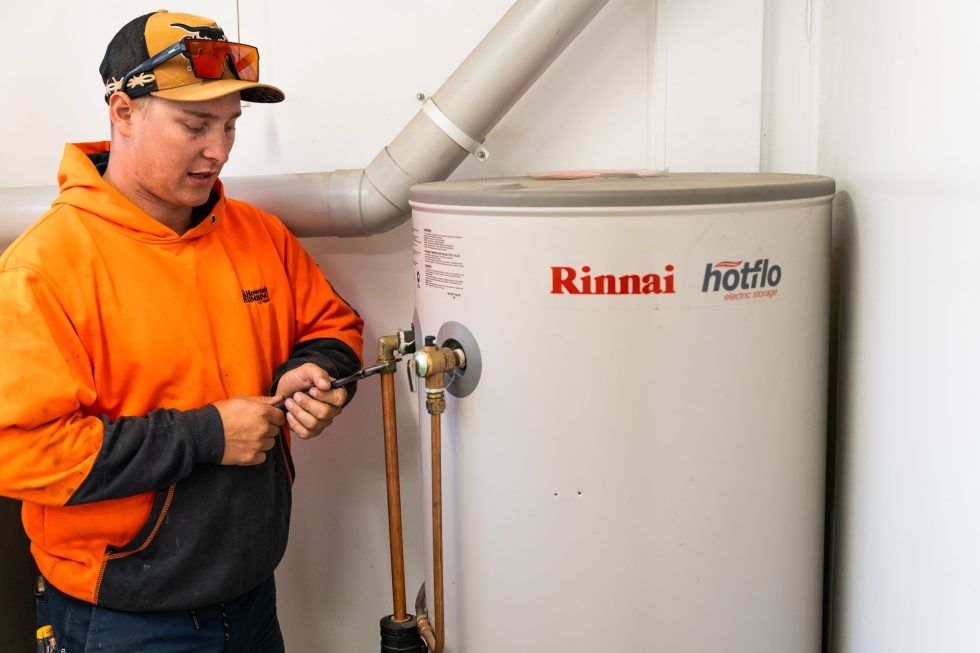

Installing a hot water system presents numerous advantages that go beyond mere convenience. In a city known for its chilly winters and brisk weather, having immediate access to hot water can significantly enhance daily living. Let's delve into the multifaceted benefits of investing in a hot water system.
First and foremost, comfort is arguably the most compelling reason for installing a hot water system. The ability to take warm showers on cold mornings or relax in a hot bath after a long day is more than just a luxury; it's an essential component of modern living. Imagine waking up on a frosty Hobart morning and stepping into a steaming shower-it's an invigorating experience that can set the tone for your entire day.
Beyond personal comfort, there are practical reasons to consider as well. Hot water systems are highly efficient and can save time and effort in household chores. Washing dishes, doing laundry, and cleaning become significantly easier tasks when you have instant access to hot water. This can be particularly beneficial for families or busy professionals who need to maximize their time.
Hot water plumbing is a crucial component of modern residential and commercial buildings, ensuring the availability of hot water for various applications like bathing, cooking, cleaning, and heating. This system involves a series of pipes, valves, and fixtures that transport heated water from a central source to different points of use within the structure. Understanding how this intricate system operates can help in both its maintenance and troubleshooting.
The primary components involved include a water heater, which is responsible for heating the cold water supplied by your main water line. There are several types of water heaters available: tankless (on-demand), storage tank heaters, heat pump units, and solar-powered models. Each type has its own method of heating water but generally involves either electrical elements or gas burners as the heat source. The heated water then travels through insulated pipes to reach faucets, showers, dishwashers, and other appliances requiring hot water.
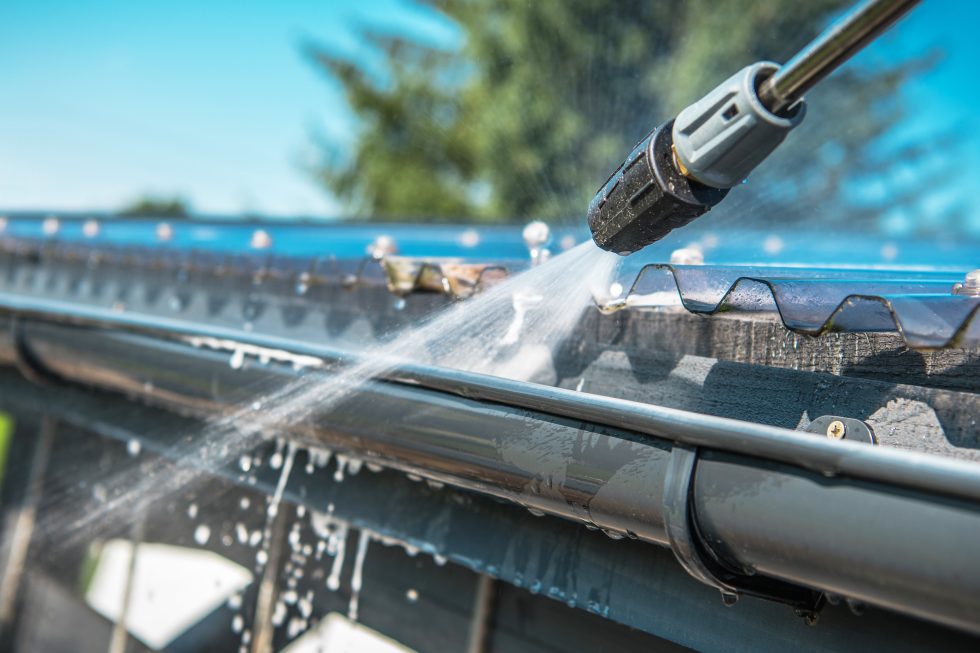
Transforming your home's plumbing system in just one weekend might sound like an ambitious project, but with proper planning, a bit of elbow grease, and the right tools, it’s entirely possible.. Whether you're tackling outdated pipes or upgrading to more efficient fixtures, this whirlwind weekend project can bring long-term benefits to your household.
Posted by on 2024-10-01

Uncovering the Secret Plumbing Tips Only Master Plumbers Know In the quiet, unassuming world of plumbing lies a treasure trove of secrets known only to the seasoned master plumbers.. These wizards of water flow and pipe puzzles hold the keys to a realm where common plumbing problems meet their swift demise.
Posted by on 2024-10-01
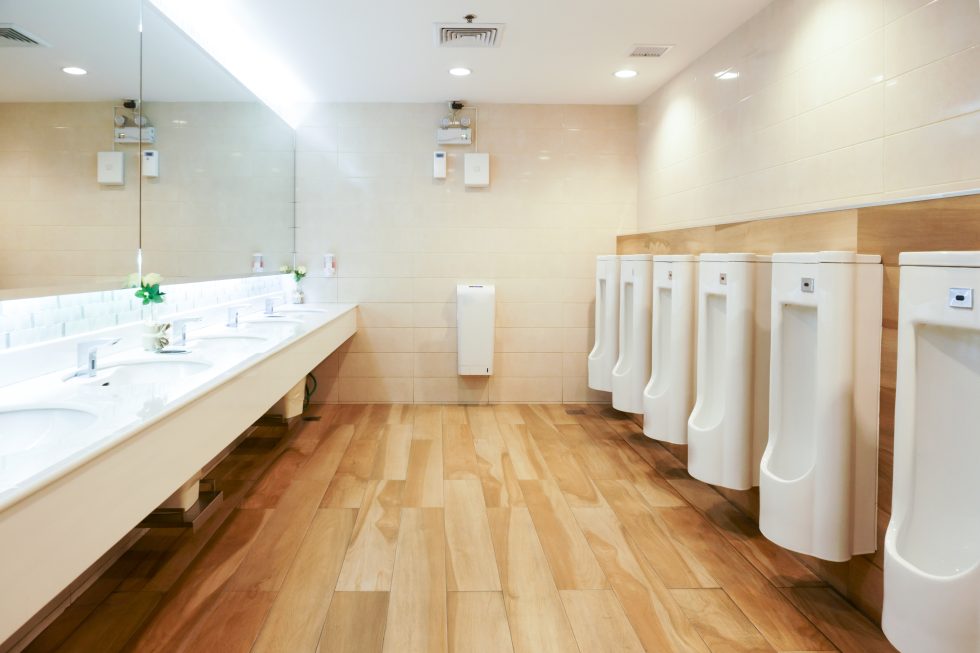
How to Fix Your Pipes Like a Pro: A Step-by-Step Guide from Expert Plumbers Imagine this: you’re at home, cozy and relaxed, when suddenly you hear the ominous sound of dripping water.. You trace the noise to its source, and there it is—a leaky pipe.
Posted by on 2024-10-01
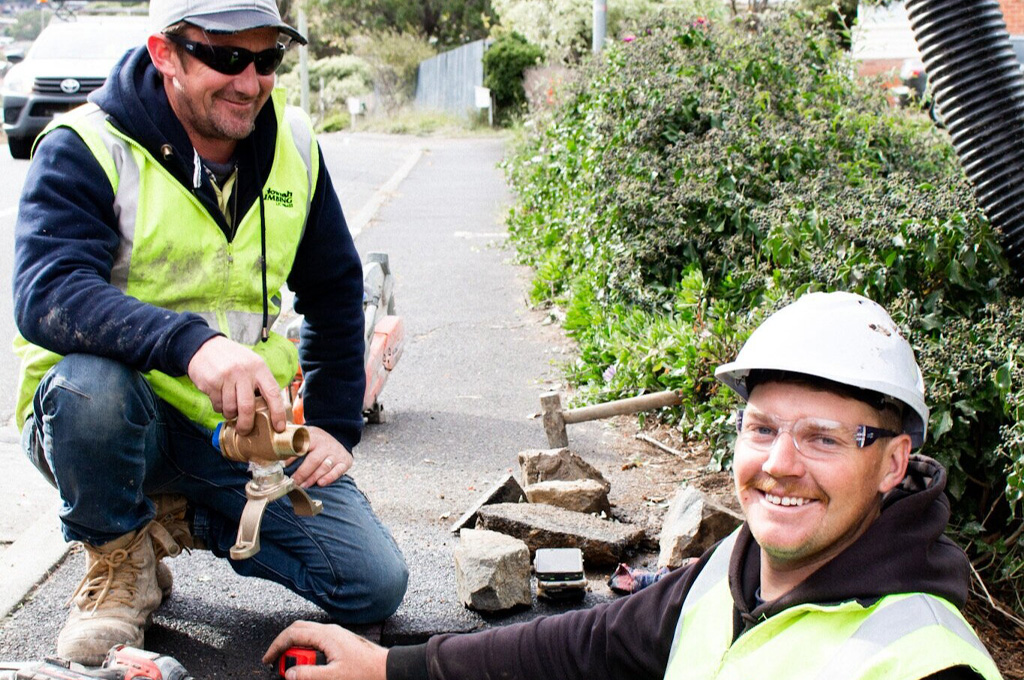
Every occupation demands a set of tools that are indispensable for carrying out its tasks effectively, and plumbing is no exception.. Plumbers, the unsung heroes who ensure our water systems run smoothly, rely on a variety of essential tools to tackle everything from minor leaks to major installations.
Posted by on 2024-10-01
Hot water plumbing is essential for various household activities, ranging from washing dishes and laundering clothes to enjoying a relaxing shower. The convenience of having hot water at the turn of a tap cannot be overstated. It makes daily chores more efficient and comfortable, transforming how we interact with our living spaces. Moreover, modern homes are increasingly designed with advanced hot water systems that offer precise temperature control, ensuring that water is always at the optimal warmth needed for different tasks.
Access to hot water plays a significant role in maintaining health and hygiene within the home. Hot water effectively kills bacteria and viruses that may be present on dishes, clothing, or even our skin. This minimizes the risk of infections and illnesses, making it easier to maintain a clean and healthy living environment. Additionally, regular bathing in hot water can help open up pores and cleanse the skin more thoroughly than cold water alone.
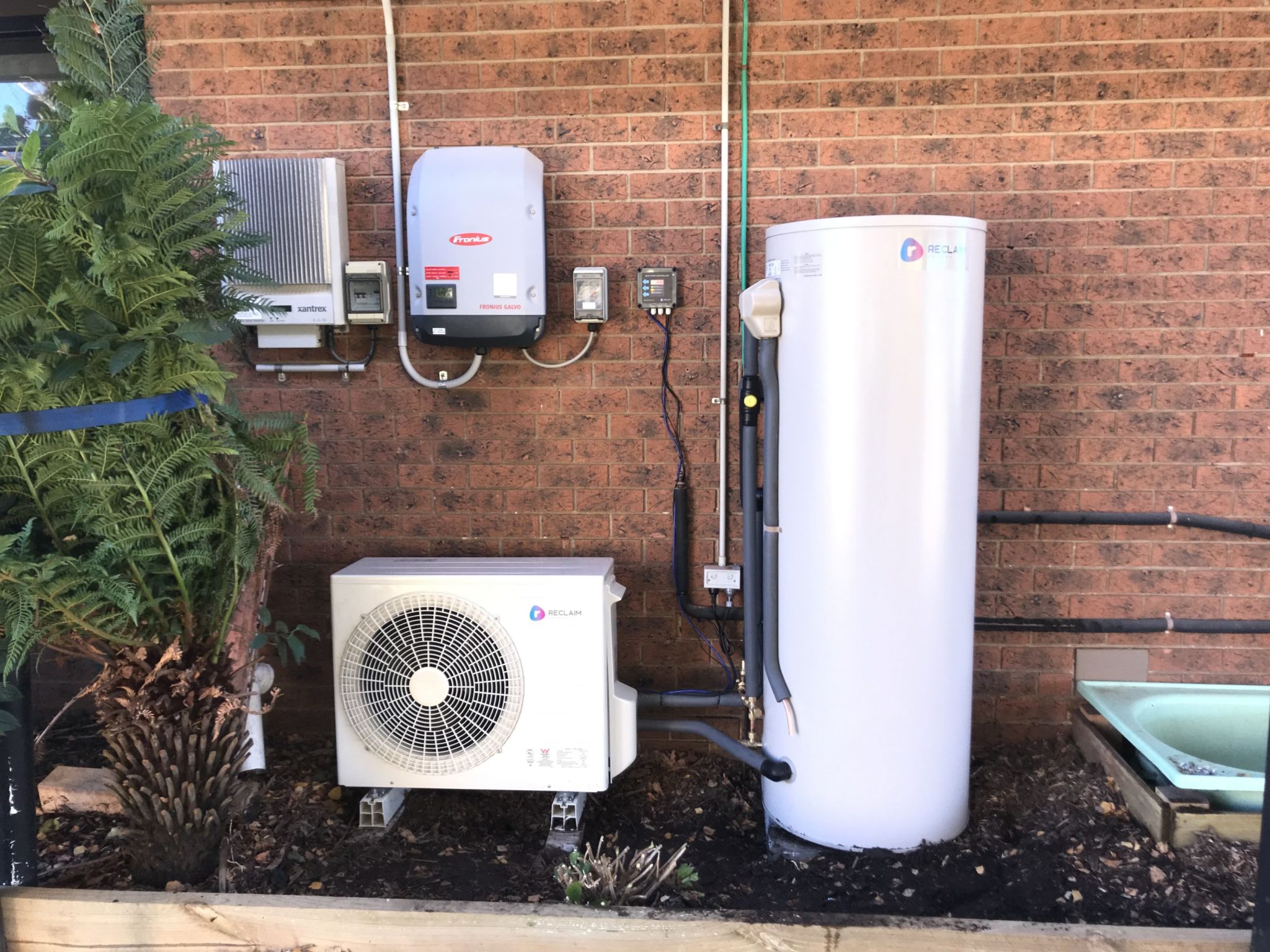
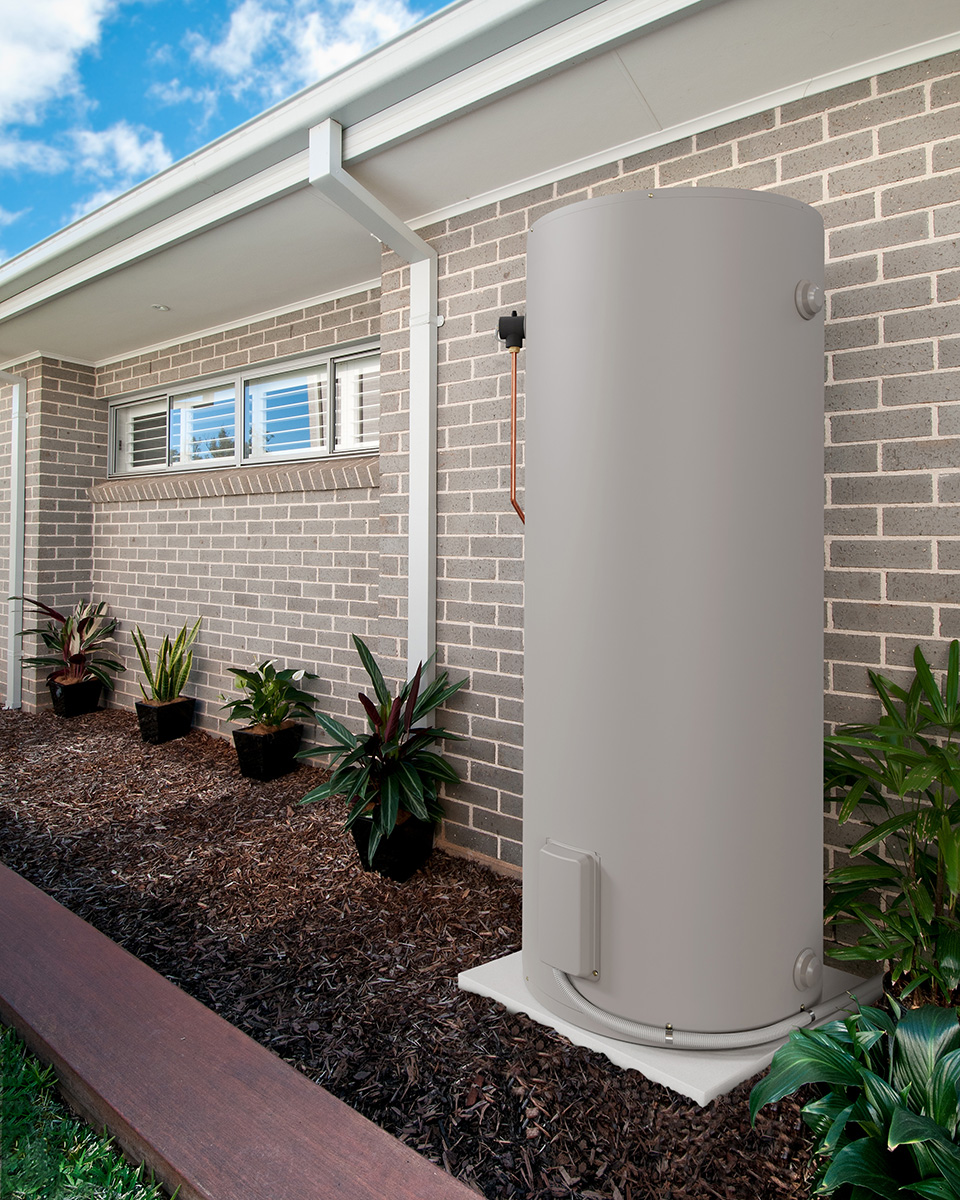
The installation of a hot water plumbing system begins with meticulous planning and design. This phase involves assessing the building's layout, calculating hot water demands, and selecting appropriate locations for the water heater and associated fixtures. Engineers or plumbers must consider factors like pipe lengths, insulation requirements, and the most efficient routes to minimize heat loss. Proper planning also includes obtaining necessary permits and ensuring compliance with local building codes.
Selecting the right type of water heater is crucial for an efficient hot water system. Options include tankless (on-demand) heaters, storage tank heaters, solar-powered units, and heat pump systems. Each type has its benefits and limitations based on factors such as energy efficiency, installation costs, space availability, and household needs. The chosen unit should be capable of delivering adequate hot water throughout the property while maintaining energy efficiency.
Common issues include leaks, insufficient hot water, strange noises from the tank, and fluctuating water temperatures. These problems can be caused by sediment buildup, faulty thermostats, or worn-out heating elements.
It is recommended to have your hot water system serviced annually. Regular maintenance can help prevent major issues and extend the lifespan of your unit.
The cost can vary widely depending on the issue and type of system. Minor repairs might range from $150 to $500, while replacing an entire system could cost between $1,000 and $3,500 including installation. Its best to get a detailed quote from a local plumber for accurate pricing.